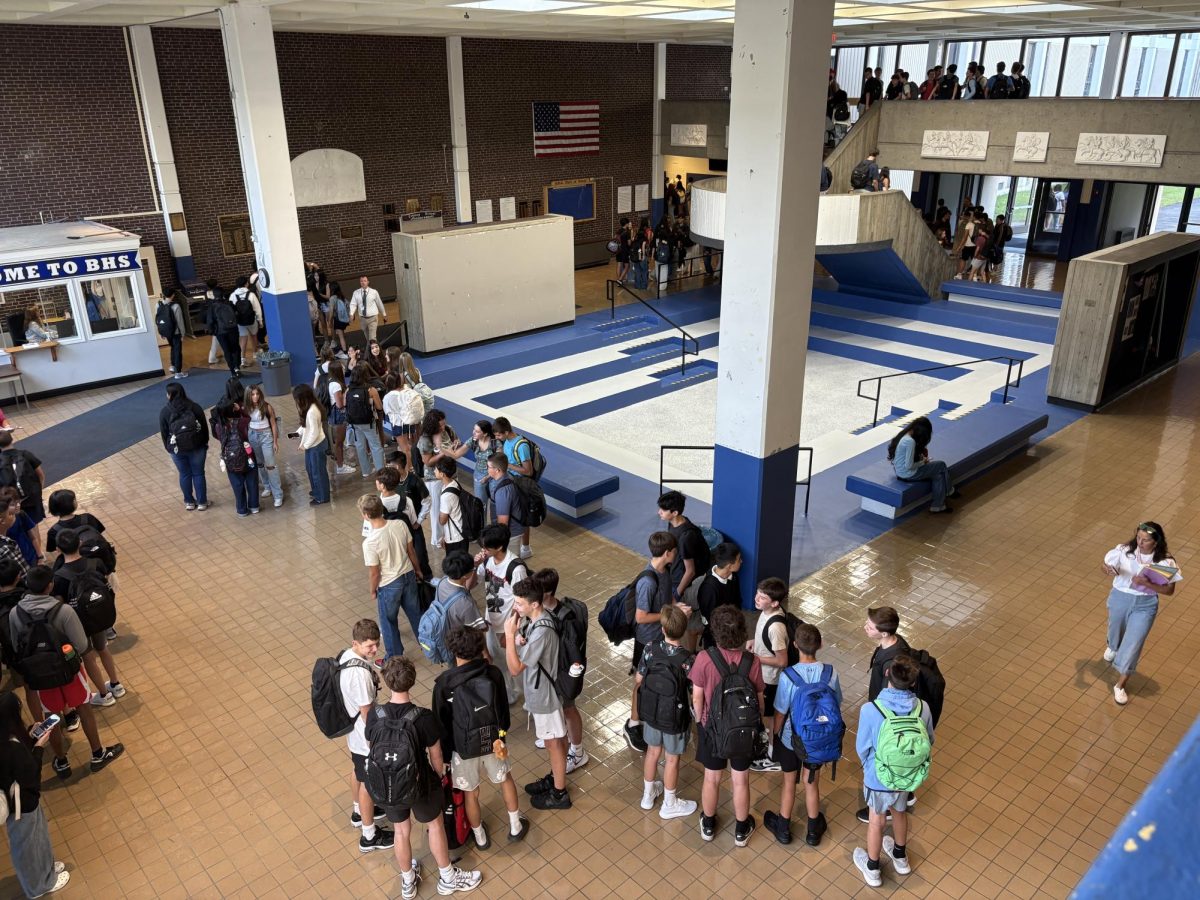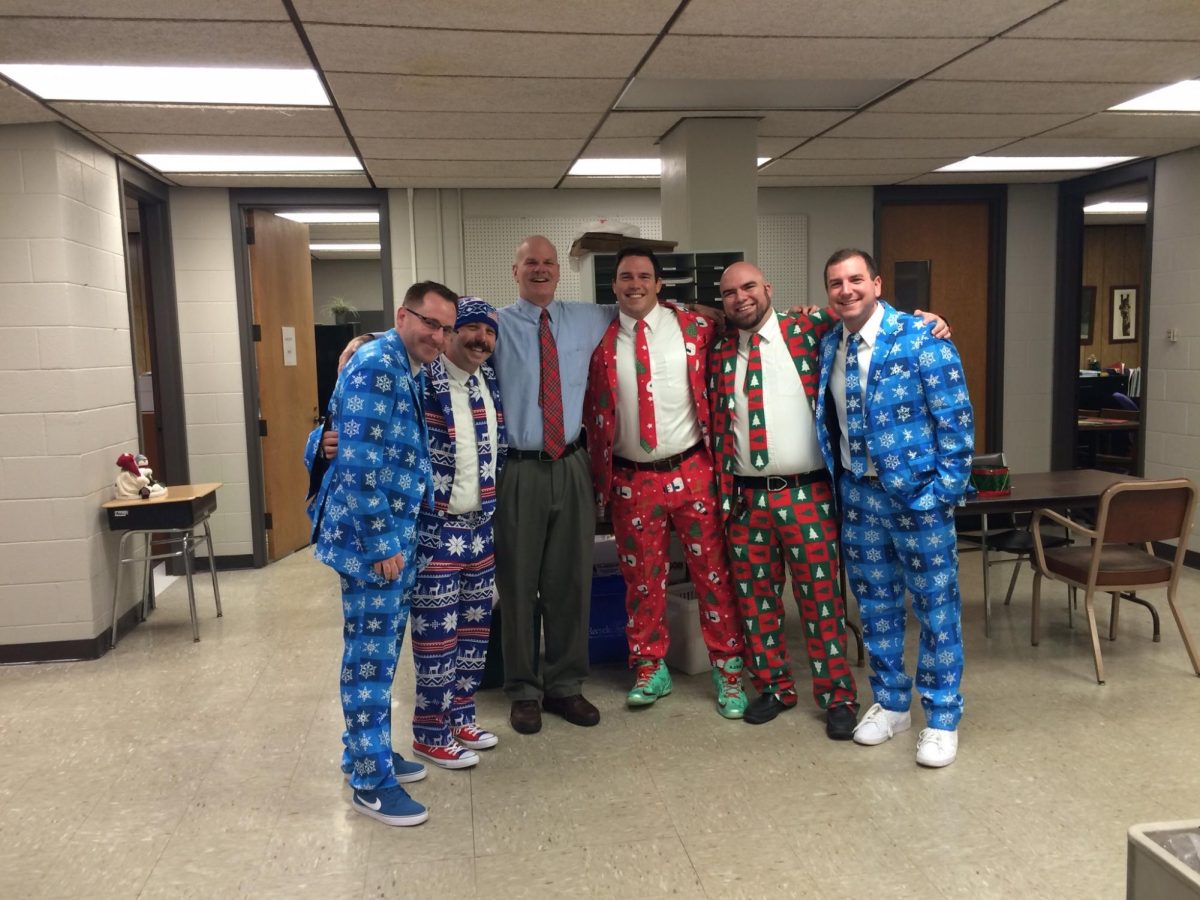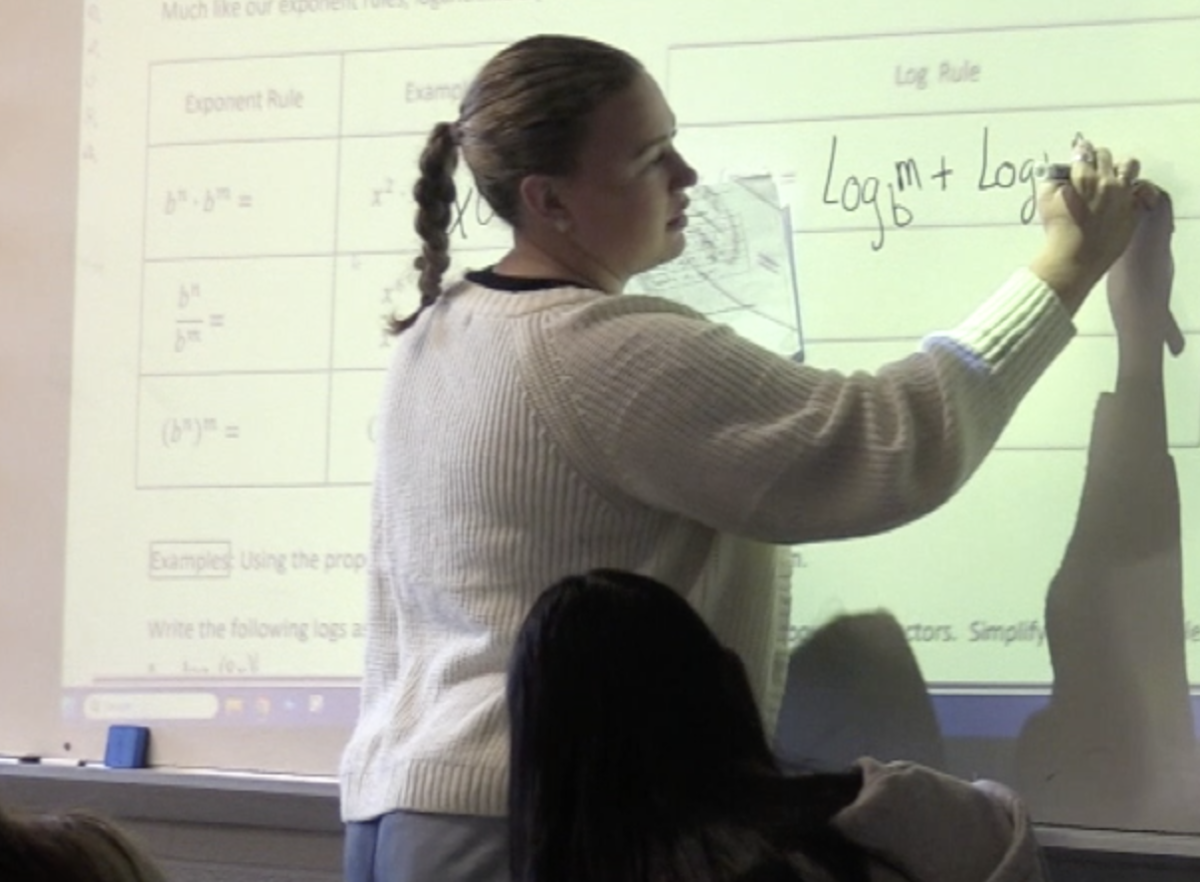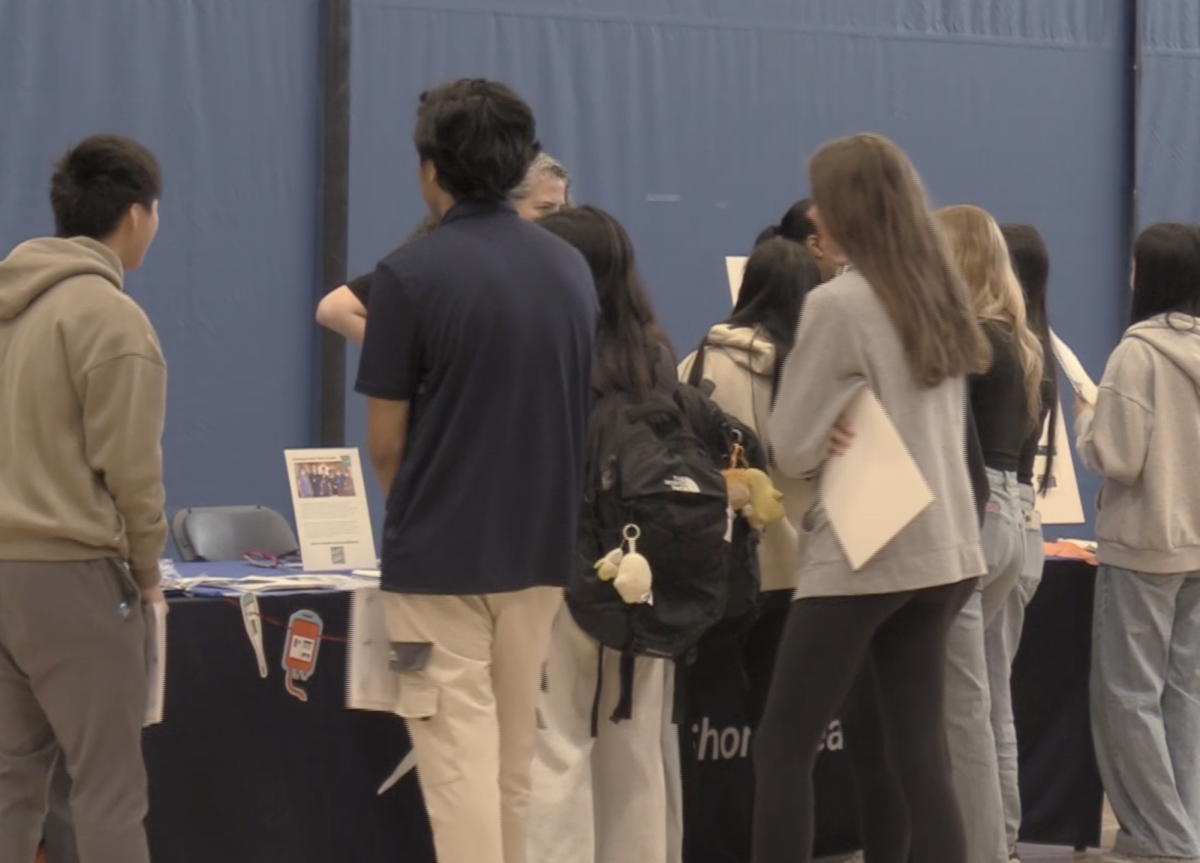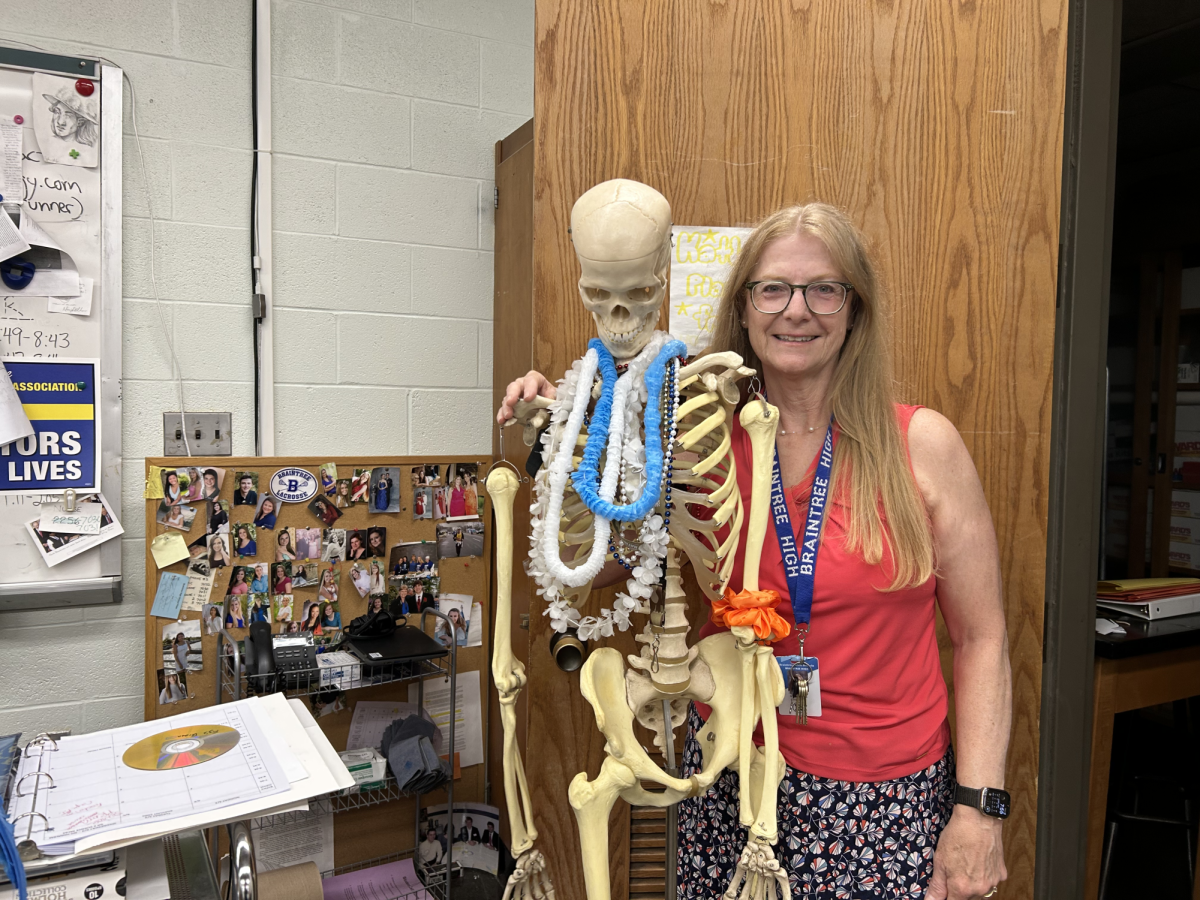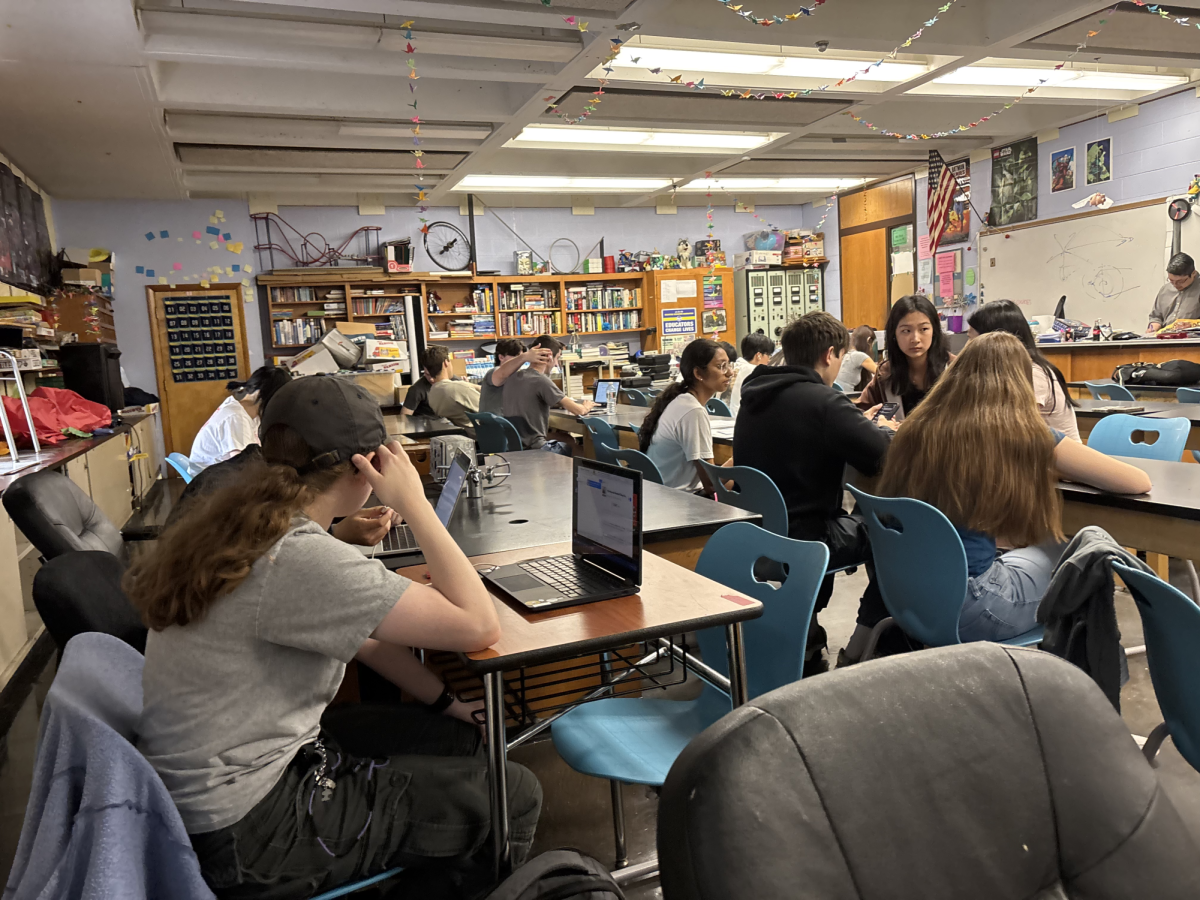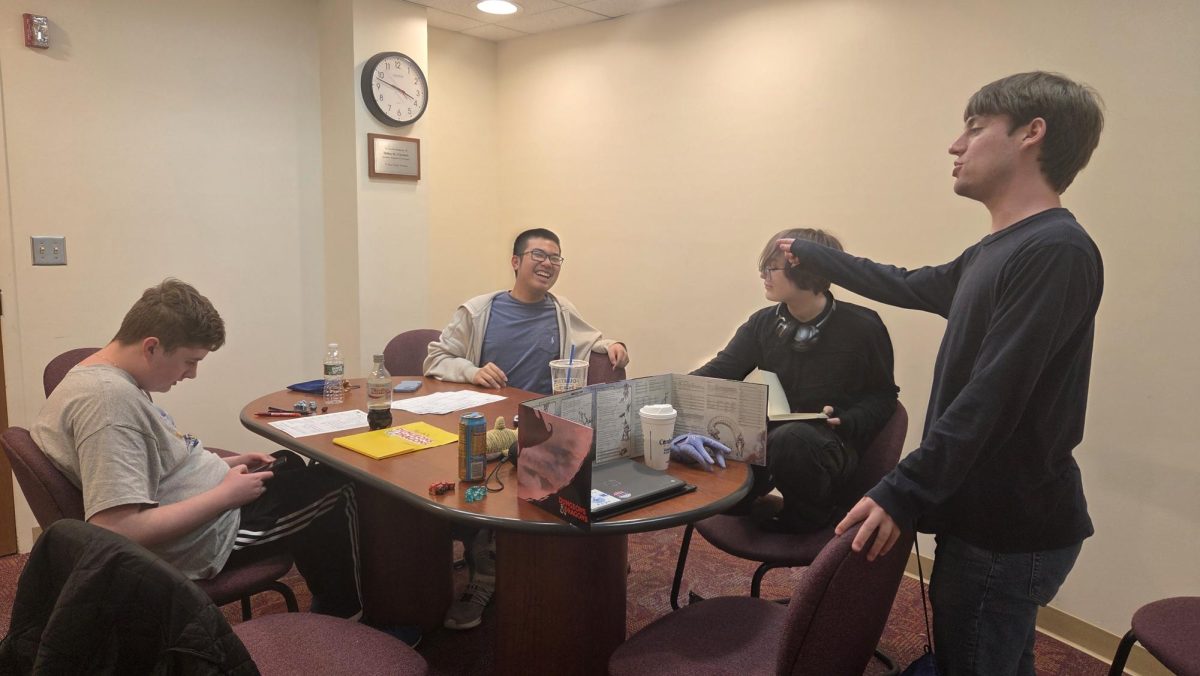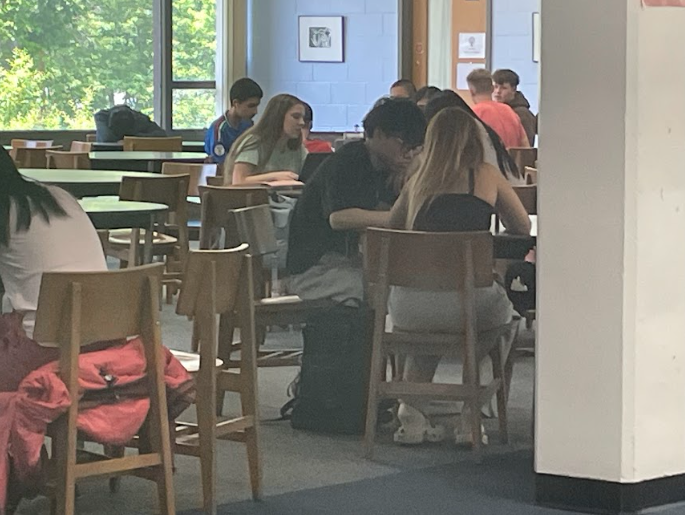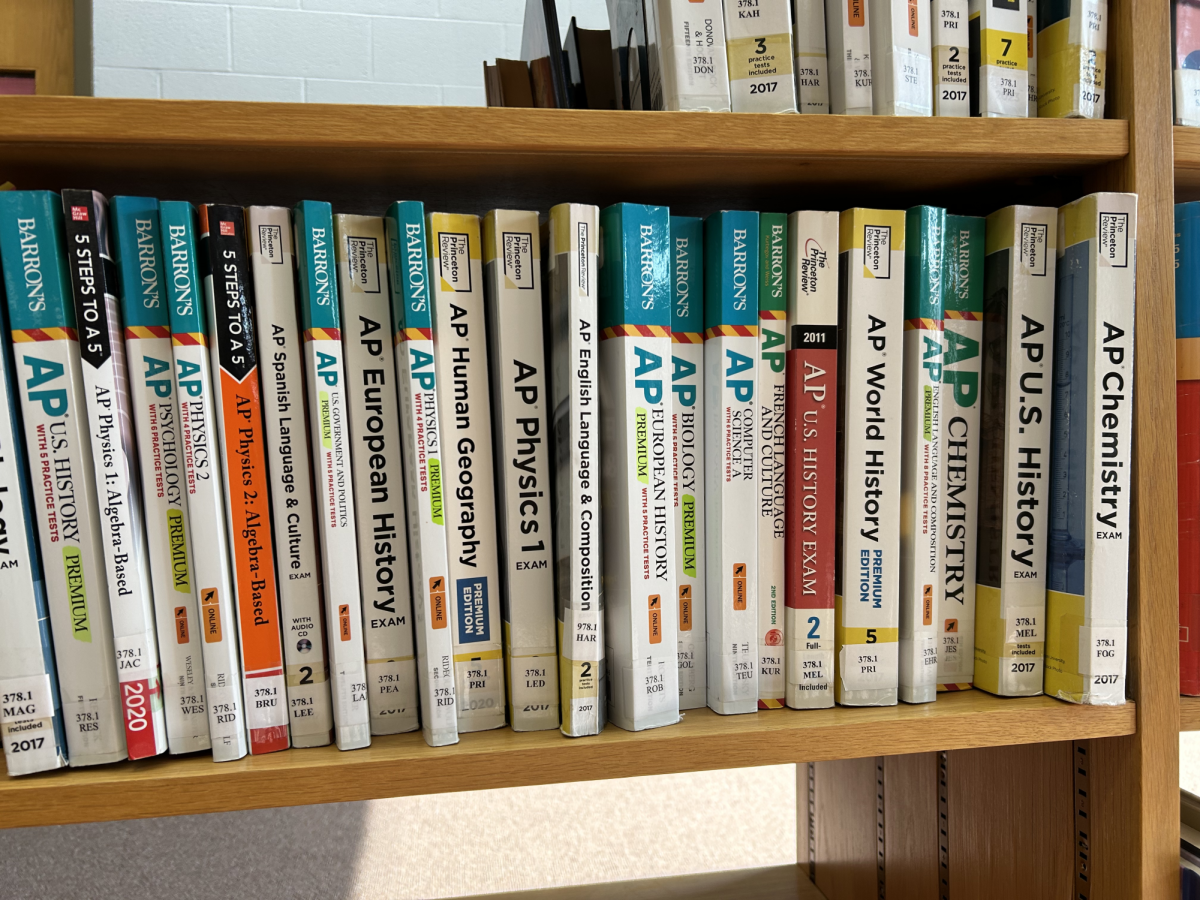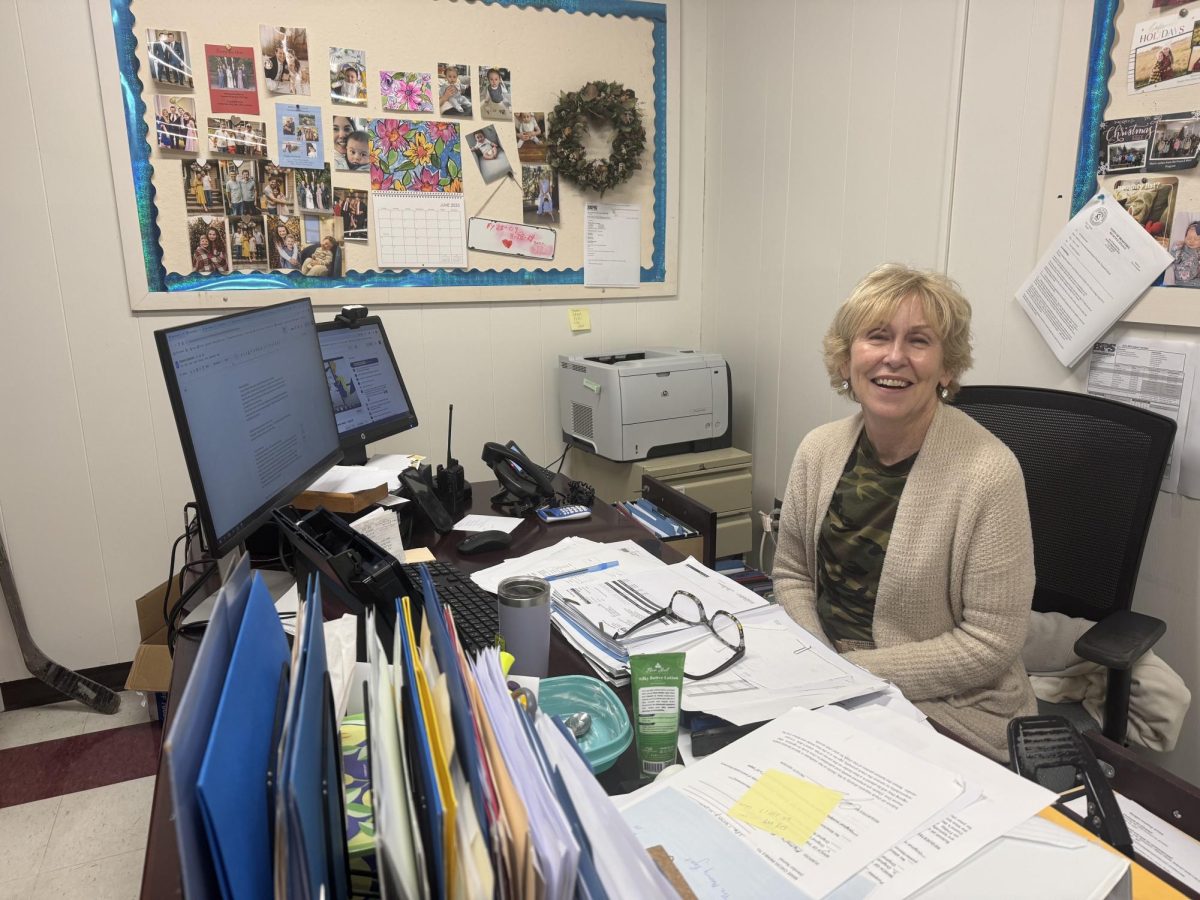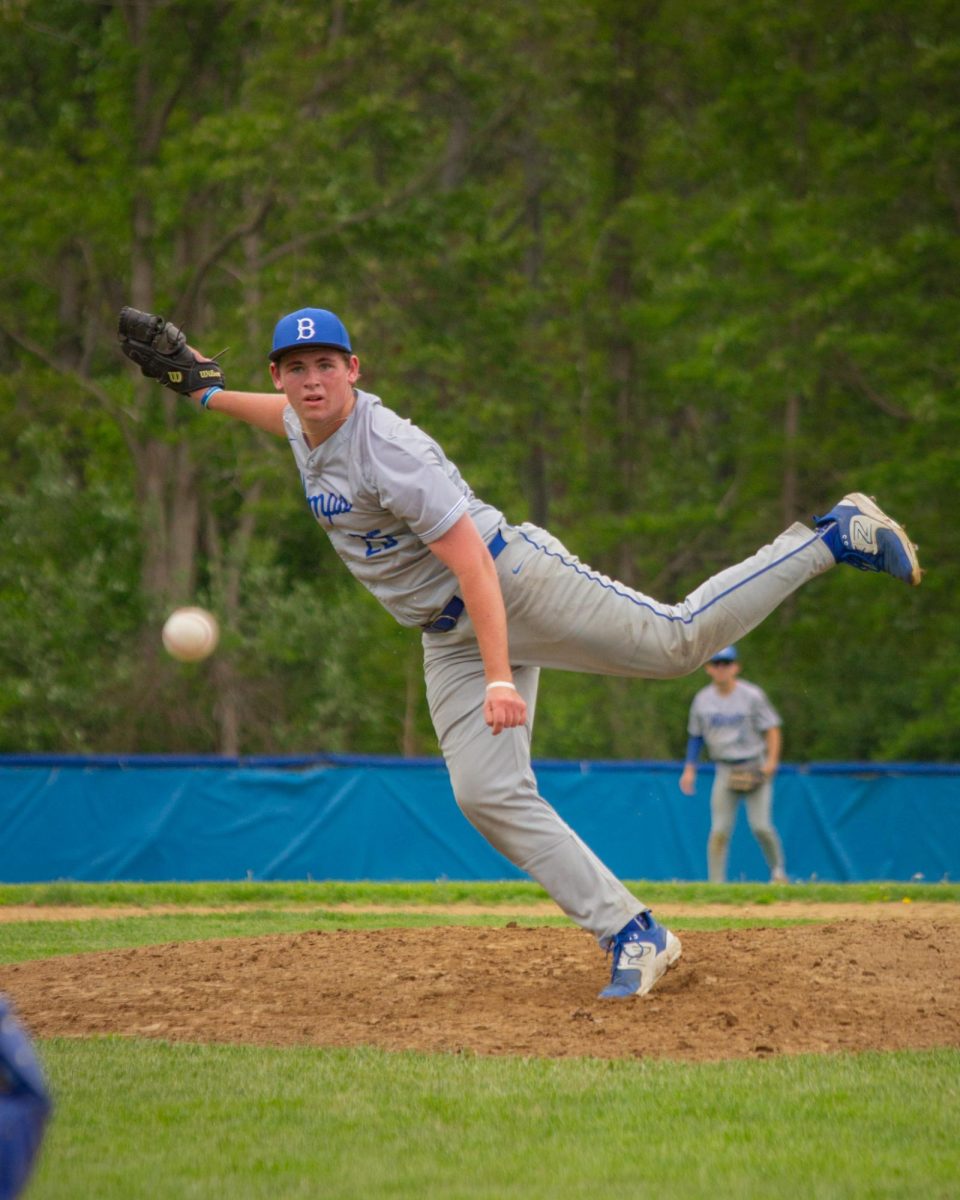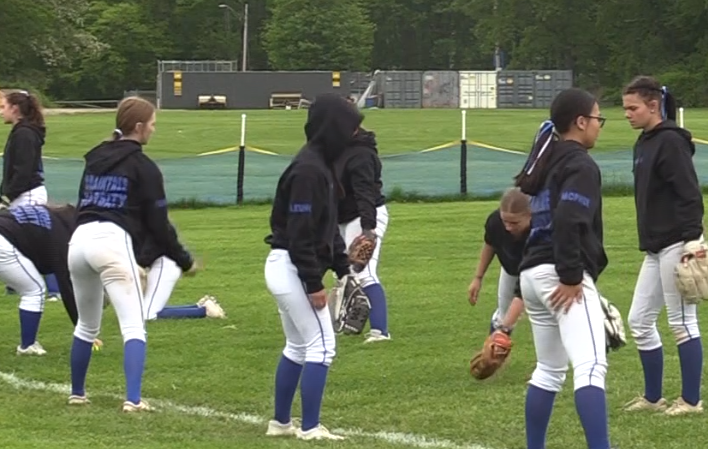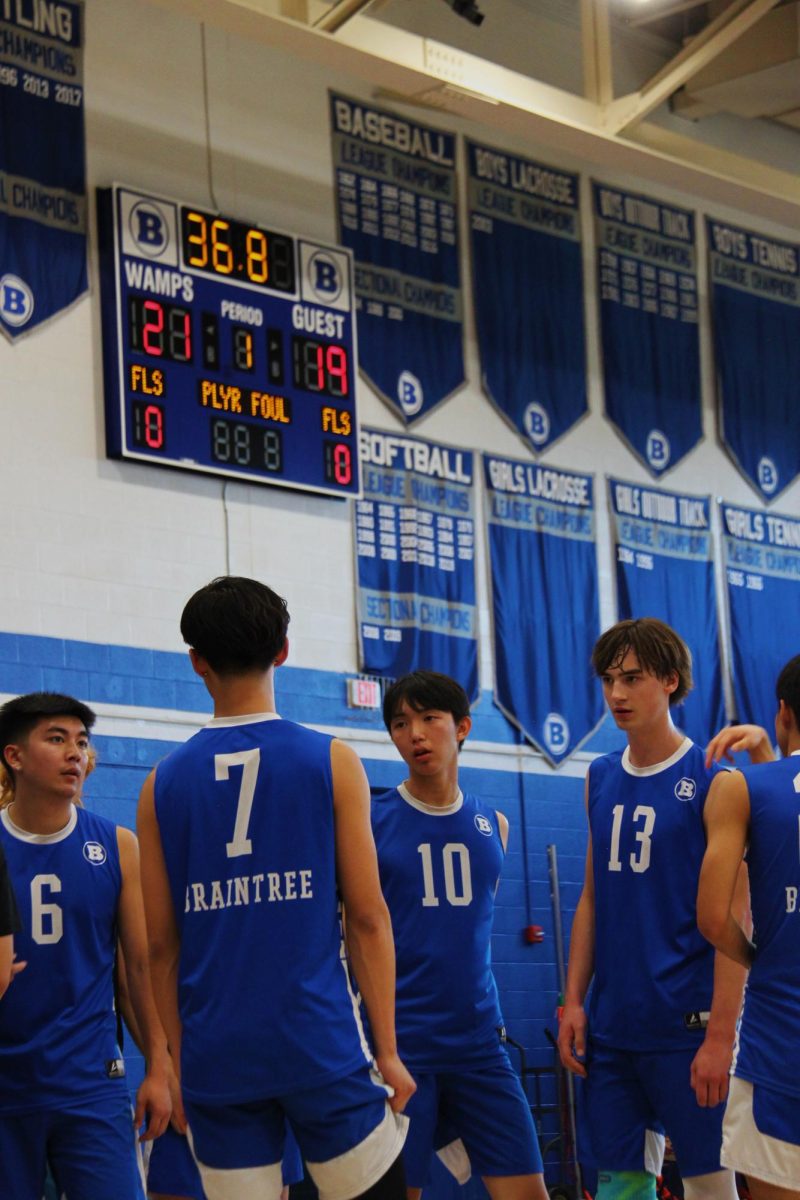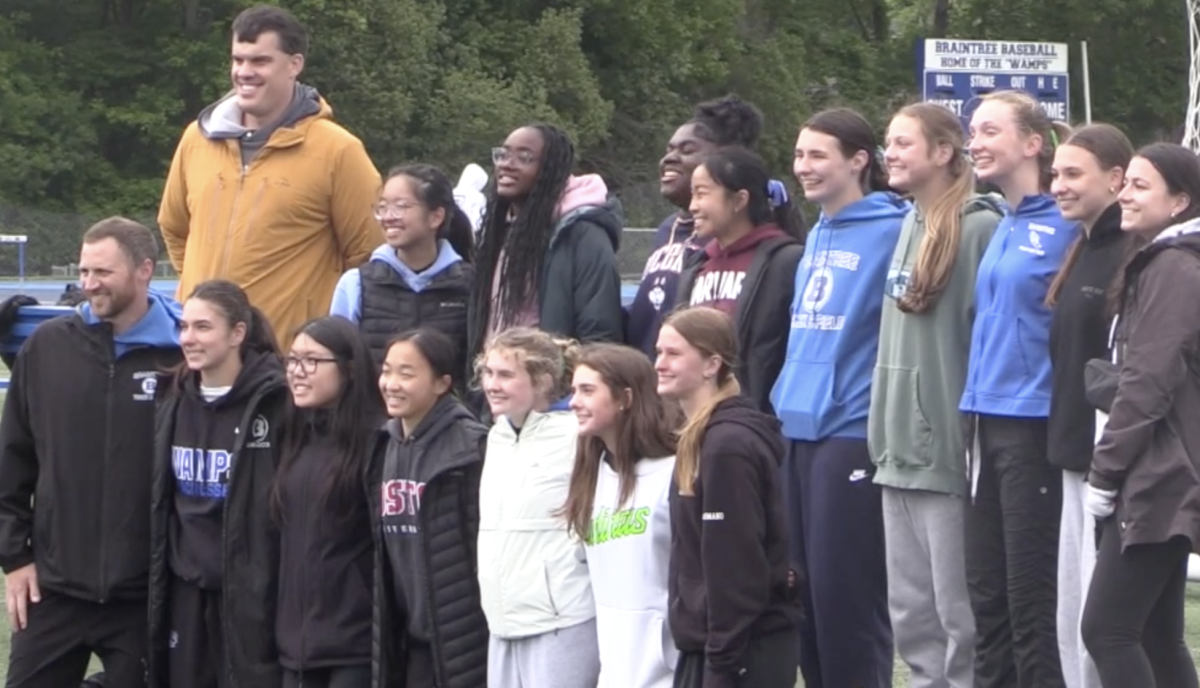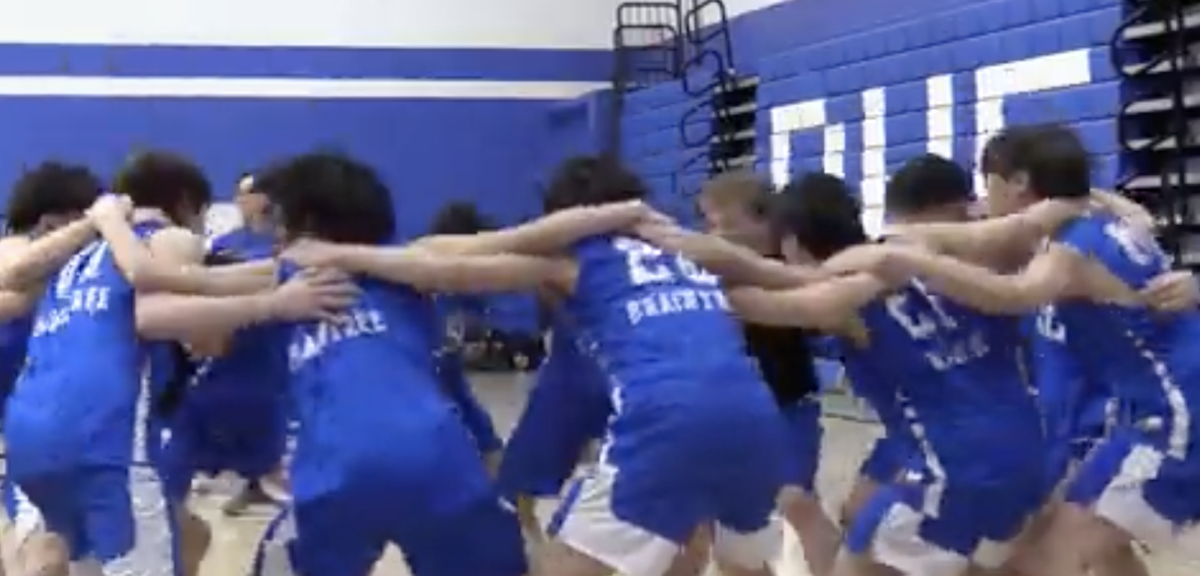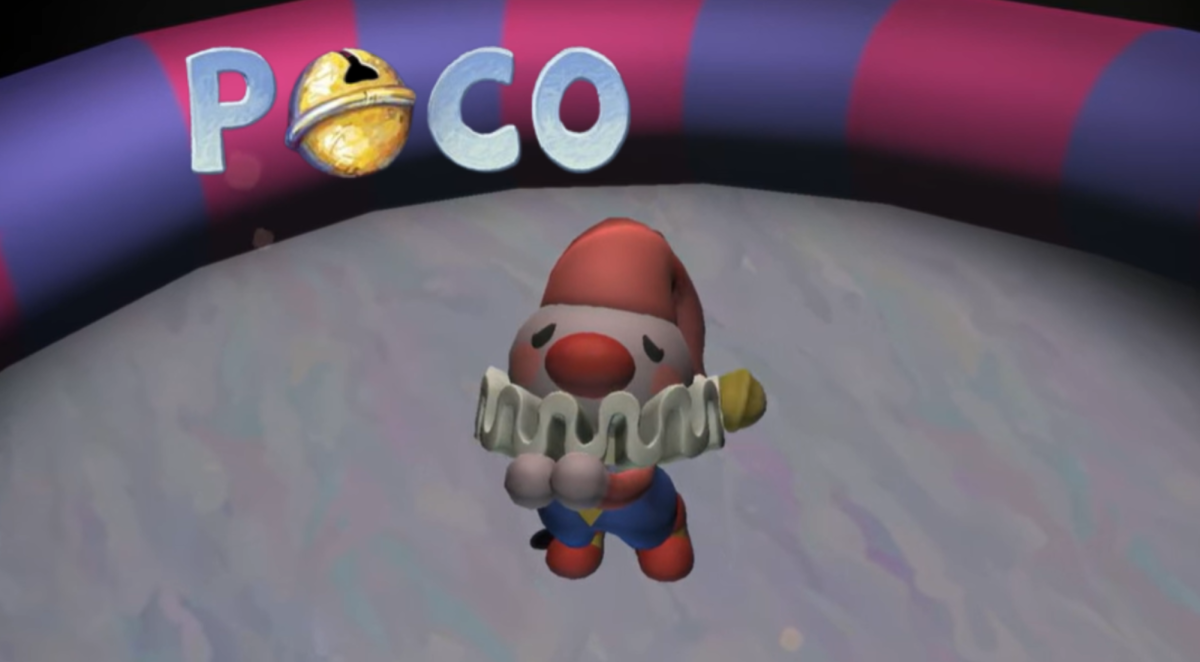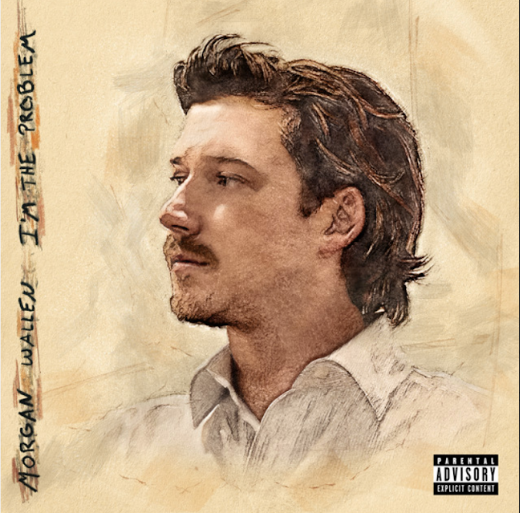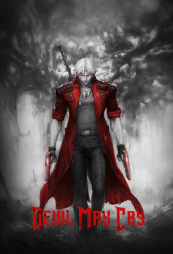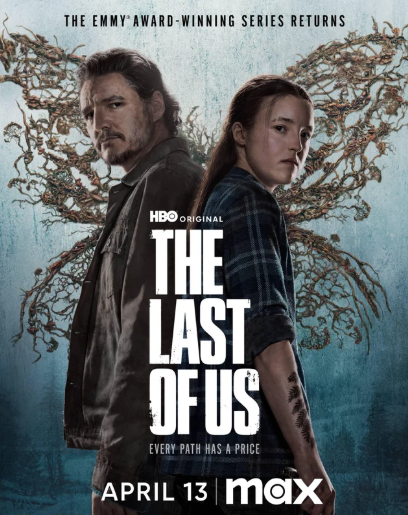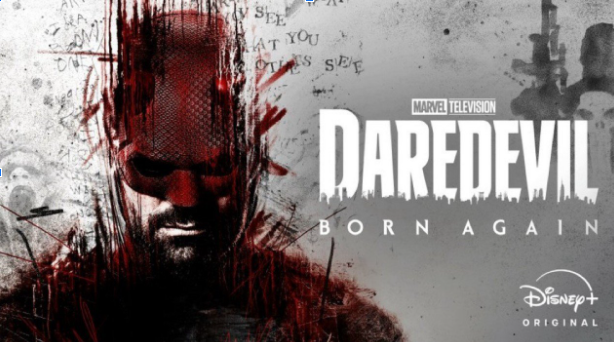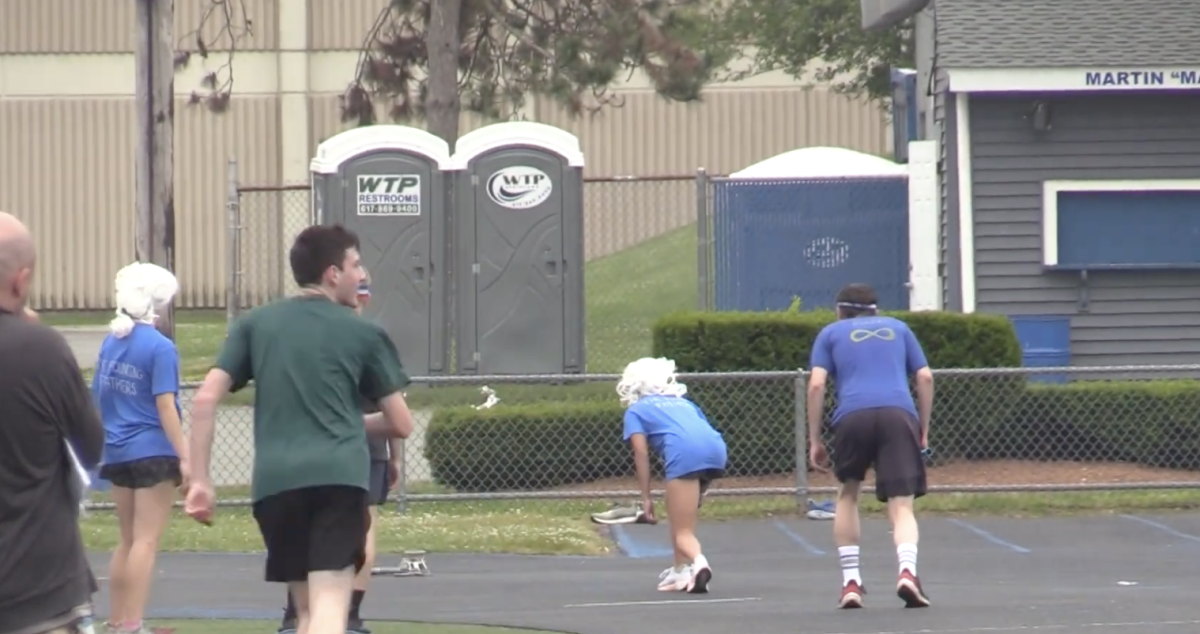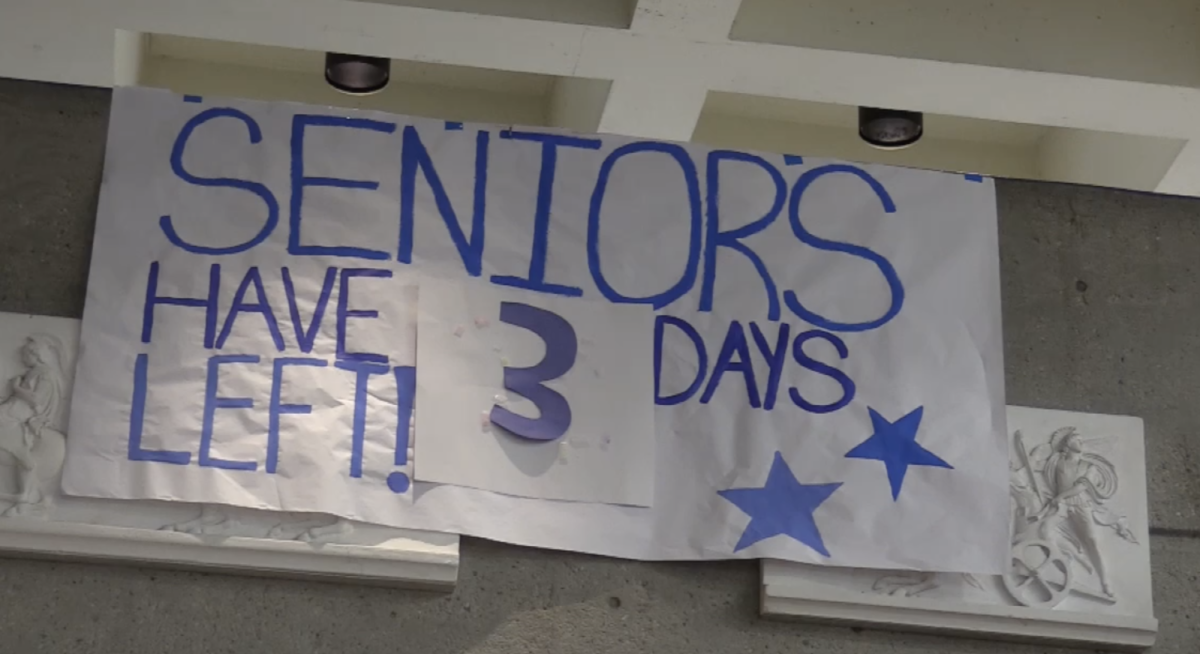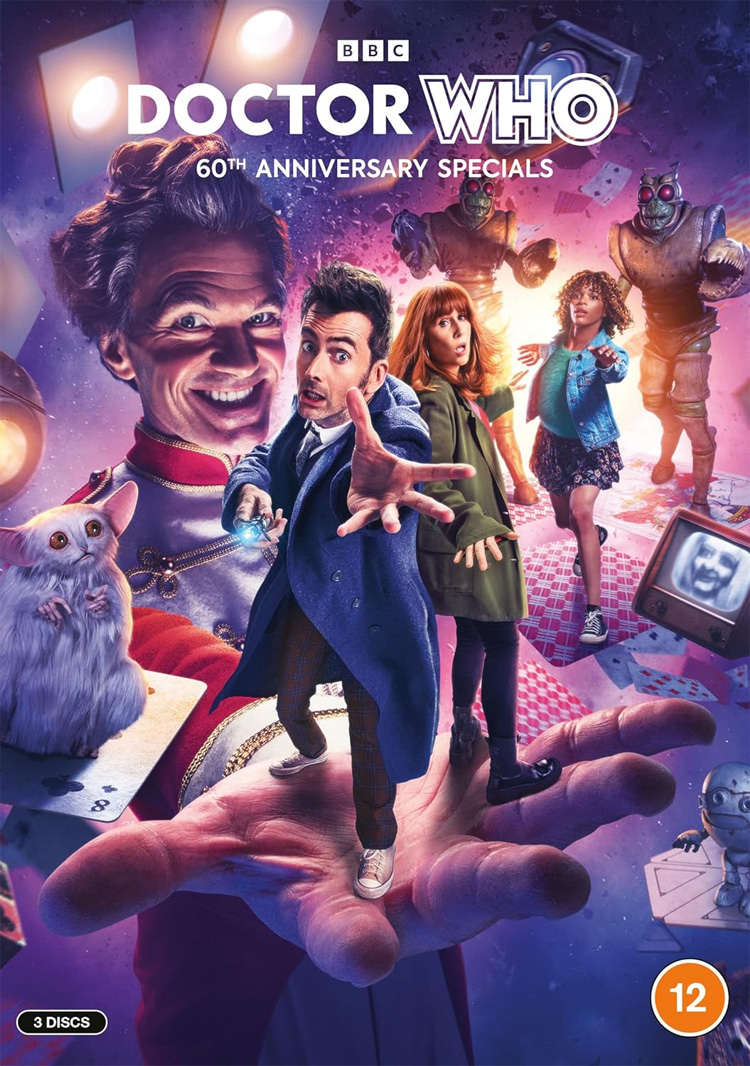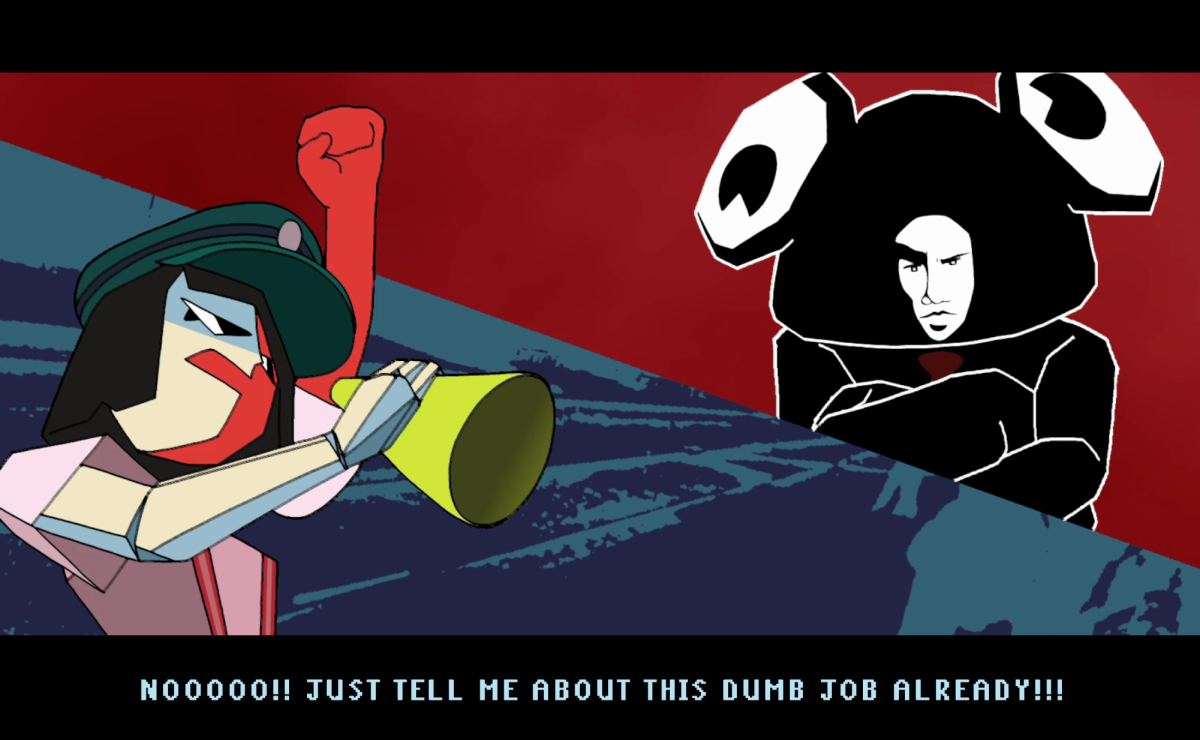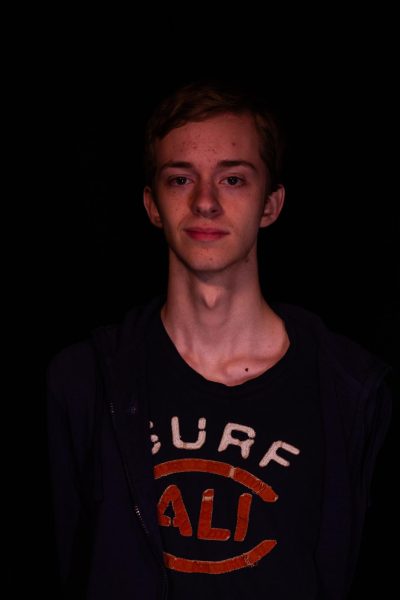Doctor Who is the longest running Science Fiction series in the world right now, and this year is its sixtieth anniversary. Following last year’s BBC Centenary special, former showrunner Russell T Davies returned to the role after a thirteen year long absence, with several new series confirmed under his tenure. Former lead David Tennant also reprised the role of lead character The Doctor. As a result, these specials stirred up a lot of excitement, with these specials featuring the confirmed returns of many other fan favorite characters such as Catherine Tate’s Donna Noble. A lot of expectations were placed on these specials, and were they met? Almost definitely.
For context, Doctor Who stars a main character known as The Doctor, a sole survivor of their species who travels throughout time and space in a ship known as the TARDIS, which is disguised a classic police telephone box. The Doctor is able to regenerate, a feature that allows them to cheat death at the cost of their current identity and appearance. They often travel with companions throughout their travels, of which Donna is a former one. Donna used to travel with The Doctor, but following an incident known as the meta-crisis, Donna had to have her memories wiped to save her life, and if she ever remembered The Doctor, she would die.
The first of the three episodes, “The Star Beast,” is a pretty standard Doctor Who romp, but befitting of its heavy usage of elements from the show’s past in the form of the Donna’s family and The Star Beast itself (An adaptation of a 1970s comic strip), the episode is a fairly lighthearted endeavor. The episode’s characters are fun, the episode’s twist villain is fantastic, and it offers a convincing solution to an impossible problem introduced over a decade ago in the form of Donna’s memories. The main issue with the episode is that it tries to handle too many plot threads at the cost of its characters. The Wrarth, a race of aliens who come into conflict with The Doctor and military group UNIT, get little to no screentime, and The Meep’s plot is forced to share runtime with Donna’s plot. Thanks to the focus on The Doctor and Donna, it means that many characters get little to no focus, despite the fact they are very fun and enjoyable ones. Rose, Donna’s daughter, suffers most from this, however, as she is shafted mostly from the plot. Without getting into spoiler territory, Rose has a promising plot line and character motivation that sets up an interesting character, but the episode does nothing with this and resolves it very weakly. She’s constantly in her mother’s shadow for the whole episode, which is a shame, as Rose is a great character and her actress did a great job, but the episode just doesn’t do her justice. All in all, though, The Star Beast is a fun episode, and though its the weakest of the three specials, it’s definitely not a weak story by itself.
The second story, “Wild Blue Yonder,” is easily the best of the specials; ironic, given the fact it’s the only special without a returning enemy. The Not-Things, mysterious entities from outside of the universe, are fantastic and easily one of the best villains in the show. The Not-Things adapt constantly throughout the episode, and every close encounter with them becomes more and more threatening, preventing methods of defeating them from being used again.They slowly become more and more dangerous, increasing the tension every time they show up. It’s an incredibly tight and claustrophobic episode that has a looming mystery to solve, and it’s a fresh and original episode that genuinely has some freaky moments, perfectly player by David Tennant and Catherine Tate. The only real downer in the episode is some of the CGI, which looks incredibly goofy at certain points. All in all, it’s a great episode that functions very well, even without the other specials in mind.
“The Giggle,” the third and final episode, while not as interesting as Wild Blue Yonder, is absolutely fantastic. The Toymaker, the episode’s main antagonist and a returning villain from over fifty years ago, is easily one of the best villains in Doctor Who’s history just for this episode alone, and it’s all carried by Neil Patrick Harris’s incredible performance as the character. It blends a perfect mix of intimidation, whimsy, and cruelty all at once, making for an intimidating villain that never feels downplayed at any point. He’s a villain who makes an impact, and a villain I hope we see back again. He slots perfectly into the plot, though I do wish more focus was placed on the anarchy he unleashed, because the human race turning against each other feels like it could be an entire new episode just by itself without the Toymaker attached. The episode’s main focus comes to the end, however, and without getting into details, will likely leave fans of the series torn. Regardless of the decision itself, it however provides a glimpse into how the future of the show will be run, and it’s looking fresh and enjoyable. The Giggle, all in all, is a great episode, with an excellent and intimidating villain and a great supporting cast and premise that will end up solidifying these specials as instant classics.
The sixtieth anniversary specials, at their core, almost feel like a resolution and a new beginning for the series. They not only set up how the future of the show will be preceding (With many new characters such as Rose and others confirmed to be returning in future series) but also help provide a fresh change to the series for the next series lead, Ncuti Gatwa, who is set to take over this Christmas. The sixtieth specials were a fun romp, with each providing a different kind of thrill. They’re great to watch and a good showing of what the future of the series will hold, and I for one can’t wait to see what they’ll do.
